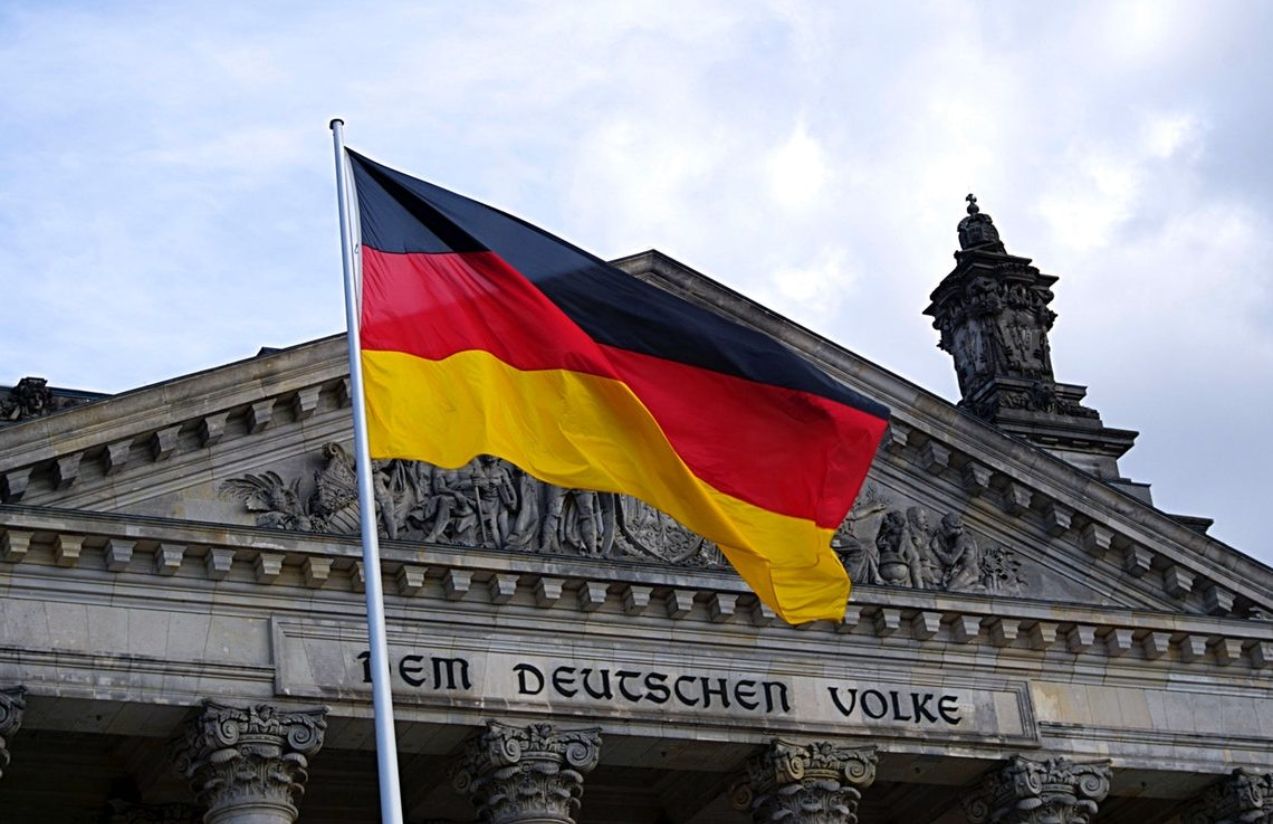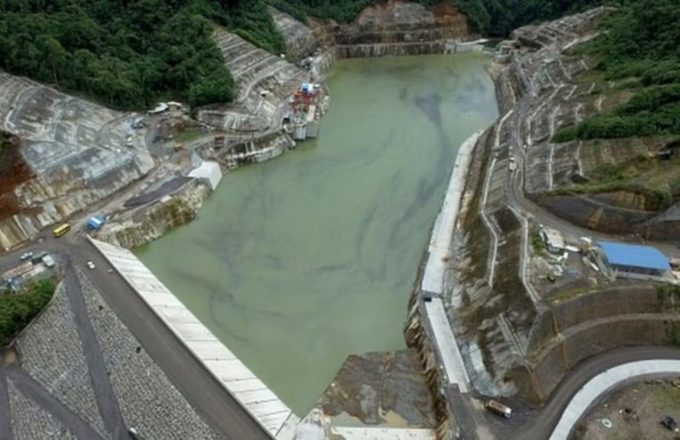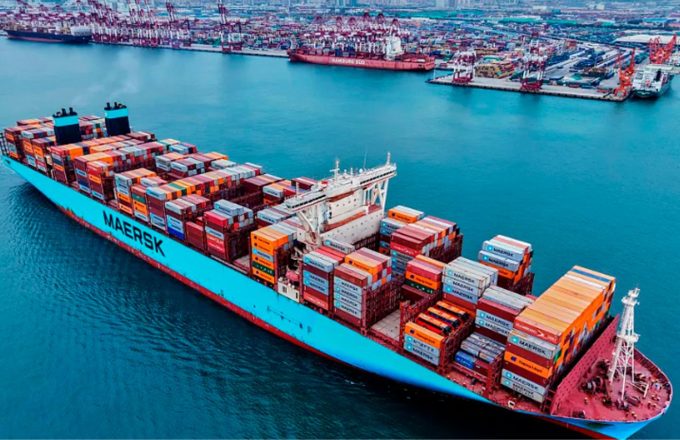Germany Hasn’t Seen Significant Economic Growth in Five Years—Here’s Why. For years, Germany stood as Europe’s economic powerhouse, dominating global exports with its industrial machinery and luxury cars. But over the past five years, the country has seen little to no economic growth—a surprising shift for the continent’s largest economy.
So, what happened? Here are five key reasons behind Germany’s economic downturn:
1. Impact of Russia’s Gas Cutoff: Russia’s decision to halt natural gas supplies to Germany after invading Ukraine dealt a severe blow to the country. For years, Germany’s economic model relied on cheap energy to fuel its export-driven industries.
When Moscow cut off the gas flow, prices for both natural gas and electricity soared, hitting energy-intensive industries such as steel, fertilizers, and chemicals the hardest. Germany had to turn to imported liquefied natural gas (LNG) from Qatar and the U.S., which is significantly more expensive than Russian pipeline gas.
Renewable energy sources have not expanded quickly enough to fill the gap. Local opposition to wind turbines has slowed their development, and infrastructure for transporting hydrogen as an alternative fuel remains in the planning stages.
2. China: From Customer to Competitor: Germany once thrived on China’s economic rise, supplying it with industrial machinery, chemicals, and luxury cars. But over time, China stopped being just a buyer and became a fierce competitor in key industries.
The Chinese government has heavily invested in its own industrial production, subsidizing solar panels, steel, machinery, and electric vehicles. Today, China is the world’s largest car exporter, significantly reducing Germany’s global market share.
3. Lack of Infrastructure Investment: During its economic boom, Germany prioritized balancing its budget over investing in infrastructure. As a result, the country is now dealing with delayed trains, deteriorating roads, and an inadequate high-speed internet network.
Major projects, such as a power transmission line to transport electricity from Germany’s wind-rich north to its industrial south, have been delayed for years. Additionally, a constitutional rule limiting public spending has further restricted the government’s ability to address these issues.
4. Shortage of Skilled Workers: Many German companies are struggling to find workers with the right skills. From engineers to childcare staff and hospitality workers, labor shortages are affecting multiple industries.
The problem is worsened by a declining birth rate, an aging population, and a lack of affordable childcare services, which forces many women to work part-time or leave the workforce entirely. Meanwhile, strict immigration rules make it difficult to attract highly skilled foreign workers, though recent reforms aim to ease these restrictions.
5. Excessive Bureaucracy: Cumbersome regulations are slowing down Germany’s economy. Obtaining construction permits—such as those for wind turbines—can take years.
Examples of excessive red tape include: Restaurants being required to manually log refrigerator temperatures on paper, even when digital systems are available. Companies having to register solar panel installations separately with both government regulators and local utility providers. A law forcing businesses to certify that their suppliers meet strict environmental and labor standards, making German firms less competitive compared to their European rivals.
Conclusion
Germany is facing a perfect storm of energy challenges, Chinese competition, underinvestment, labor shortages, and bureaucratic hurdles. If the country doesn’t take urgent action, its economic stagnation could turn into a long-term crisis.




















